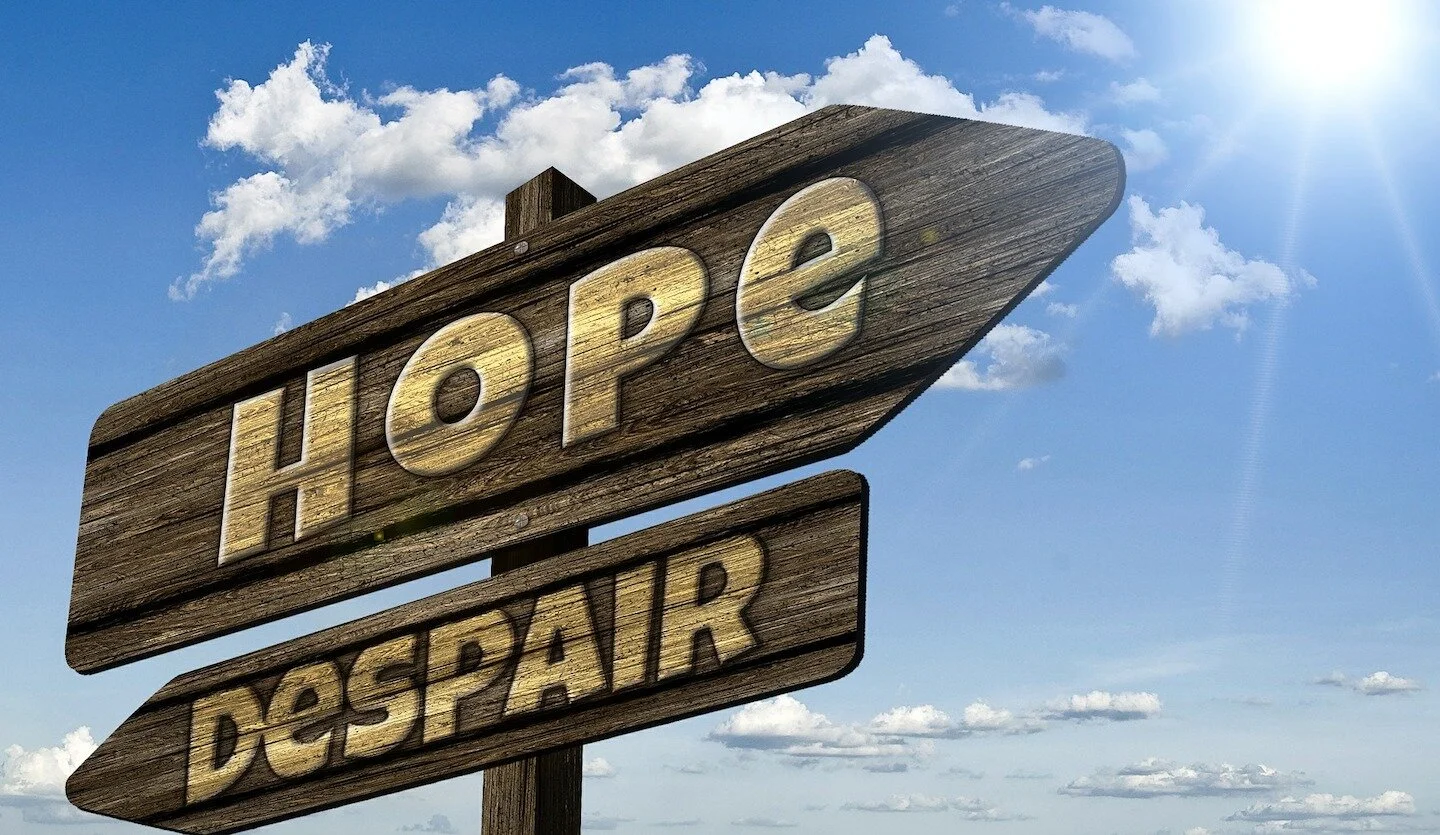Depression
It’s common for people to use the word “depressed” casually, they might say they are depressed if they are going through a break-up, don’t like their job or are feeling temporarily unhappy. However, depression is more significant than that. There are a few related disorders, but the two major forms of depression are Major Depressive Disorder and Persistent Depressive Disorder. The significant difference between the two is the length of time the depression is experienced, although some symptoms vary as well. Major Depressive Disorder occurs over a shorter timeframe (2 weeks) and can come and go whereas Persistent Depressive Disorder is more chronic (present for at least 2 years.)
Overlapping symptoms of the two disorders include: depressed mood that lasts most of the day, fatigue, having difficulty concentrating or making decisions, losing or gaining a significant amount of weight, and insomnia or sleeping too much.
Other Major Depressive Disorder symptoms include: less interest or pleasure in activities, guilt, feeling worthless, psychomotor agitation (restlessness), psychomotor impairment (difficulty speaking, thinking and doing everyday activities) and frequent thoughts about death.
Additional Persistent Depressive Disorder symptoms include: irritability, low self-esteem, hopelessness.
Depression isn’t anyone’s fault, nor is it something that people can simply “snap out of”. Fortunately, research has shown that psychotherapy is very effective in treating depression. If you are feeling depressed, we can work together to get you feeling better. Depending on your preference and immediate needs, we can look at different treatment options. One approach is to notice how your thinking affects your mood. We can work on changing the negative thinking, inaccurate beliefs and behavior that contribute to depression. Another way is to look at how your relationships may be contributing to depression and work on expressing yourself more effectively and problem solving in a healthier manner. There may be a need to adapt to an unwanted life event or increase support around you.
The most important thing to remember, whether you are experiencing a depressive disorder or simply feeling somewhat depressed, is that there is a way out. There are things you can do to feel better.

